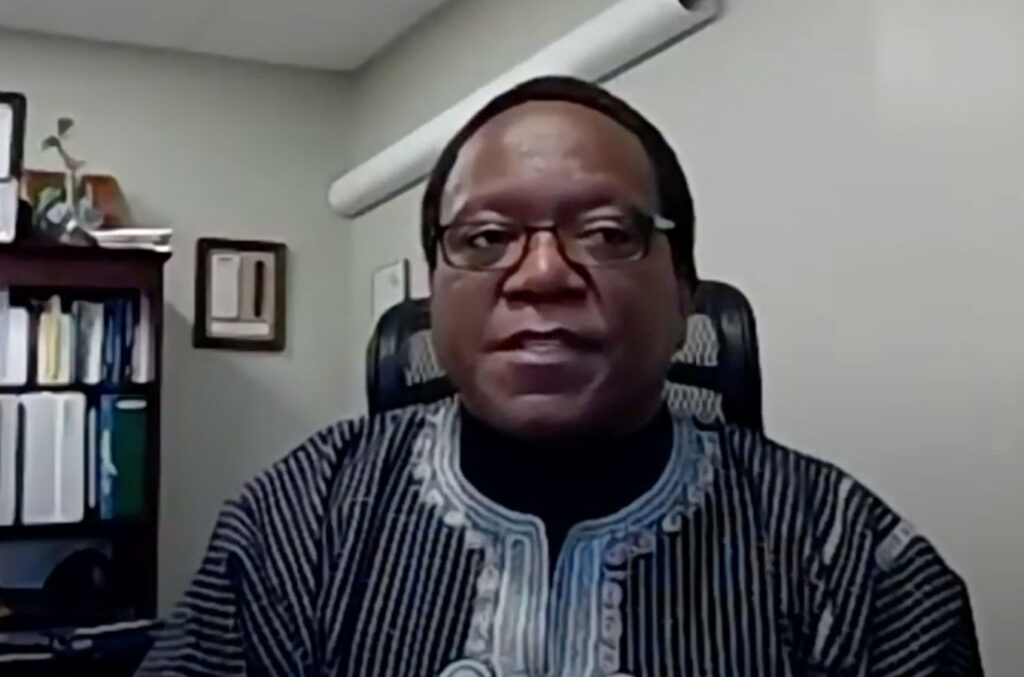
Town Manager Norman Khumalo discussed potential financial issues that could affect the town due to the COVID-19 pandemic. PHOTO/HCAM VIDEO
The Select Board voted at Tuesday night’s meeting to place a hiring freeze on town employment effective immediately due to the anticipated financial issues caused by the COVID-19 pandemic.
The vote came shortly after a presentation by Town Manager Norman Khumalo, who offered some concerning potential scenarios.
Khumalo said the town’s Fiscal Year 2020 situation “remains very strong,” with more than $59 million in deposits and investments. However, he explained that while the state’s budget for FY21 called for Hopkinton to receive $8.9 million in local aid, “It seems extremely likely that we will receive substantially less than that because of COVID-19.”
“If the return to normal employment is slow, revenue impact will range from severe to extreme,” Khumalo added. “It all comes down to how quickly employment will recover.”
Khumalo presented two scenarios that showed Hopkinton’s local aid could see a reduction of between $1 million and $2.5 million.
“This is all dependent on the tempo of the recovery and how the state chooses to share the pain with local communities,” he said.
Khumalo noted that following the national recession that started in 2008, Hopkinton’s local aid was reduced by about 9 percent for 2010.
“Hopkinton realized a decrease in net state aid for three straight years and did not recover to 2009 levels until 2018,” Khumalo said.
Khumalo said he already was reviewing all new hires and planning to place them on hold until the town learns more about the effect the pandemic will have on finances. With the Select Board’s vote — which was unanimous — a request now will have to be submitted to the town manager’s office and the Select Board for review prior to the position being posted or any interviews or offers being made.
Select Board member Brian Herr, who suggested the hiring freeze, said there was a similar freeze in town during the recession in 2008. Herr was on the board at that time as well.
Where will town go from here?
Khumalo presented a number of options that could be available to help the town through the anticipated financial crisis.
“While FY21 is a challenging budget year, we also have some tools available,” he said. “Number one, under the direction of the Select Board, staff and town counsel have been working to accelerate collection of funds due — some will say overdue — to us under the Host Community Agreement with Legacy Farms. Those funds could provide additional relief for school and public safety spending in FY21.
“Number two, over the years our Stabilization Fund has grown to approximately $3.6 million for operating and $312,000 for capital. Those funds were only off 3.5 percent during the COVID market downturn as a result of our conservative investment strategy for stabilization. Again, as we have said in the past, this is precisely the kind of situation that stabilization funds are designed to help with, and we are evaluating the reasonable application of those funds to help us through this emergency. The judicious use of some stabilization funds in FY21 could help us sustain operations while mitigating tax impact during a time of significant hardship in the community.
“Third option: The commonwealth has authorized towns to operate with monthly budgets approved by the Select Board and Department of Revenue if town meetings cannot be held before July 1st. Subject to further guidance from the state, there may be merit in operating under monthly budgets through September, with a Town Meeting in the third week of September to pass an annual budget. We will know much more about the tempo of the recovery by then. And the future of state aid and all other revenue elements will be much more clear.
“We think this approach could work well for the town side of the enterprise. But this approach could create problems for the schools, who need some level of certainty on funding to decide about any new teacher hires before the school year begins. …
“Fourth option: The state has authorized the carryover of free cash balances available at the end of FY20 for immediate appropriation in FY21.
“Next option: The commonwealth is also looking at additional options for expanding flexibility for towns. One proposal would allow towns to run operating and revolving fund deficits in FY21. … This is similar to what we have in place for snow and ice expenditures.
“And finally, there is a proposal that would let the Select Board authorize tax levies in excess of the 2 1/2 percent limit without an override vote.”
Khumalo said Hopkinton is better prepared to handle this crisis than many other communities “because of the fiscally conservative actions we have taken in past years.”
He stressed that he was looking not just at FY21 but the effect this could have on the town for years after the COVID-19 recovery.
“I will continue to work with professional staff across the town enterprise and with the budget advisory group to manage through this challenging situation,” he said. “Together, as we’ve done in past years, we will come through.”


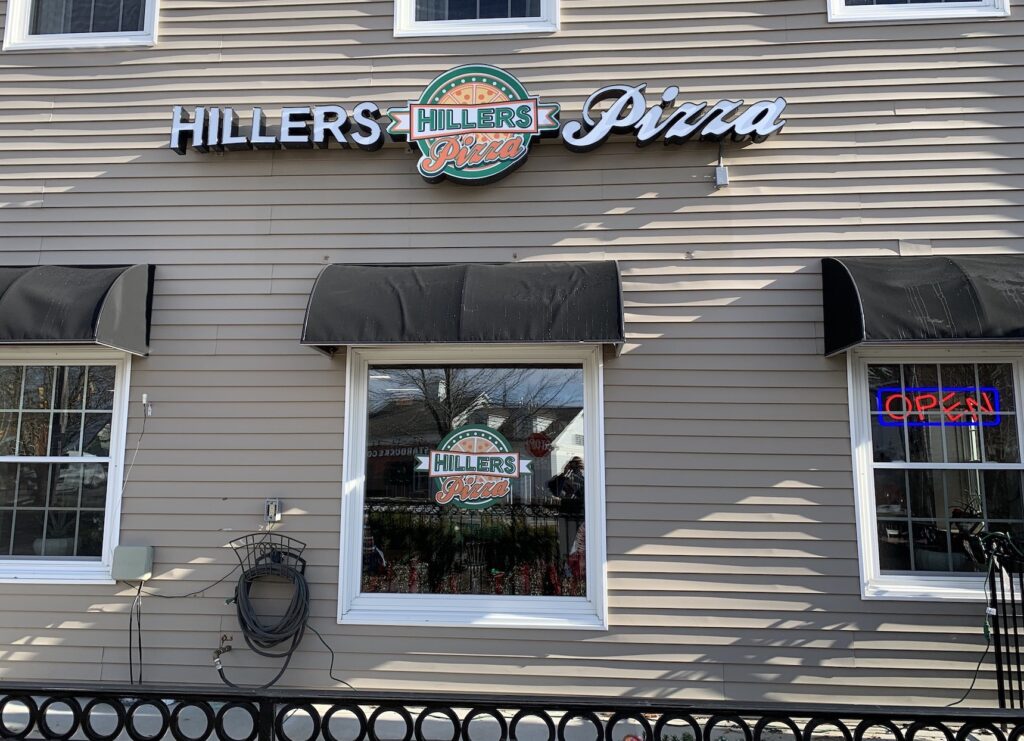
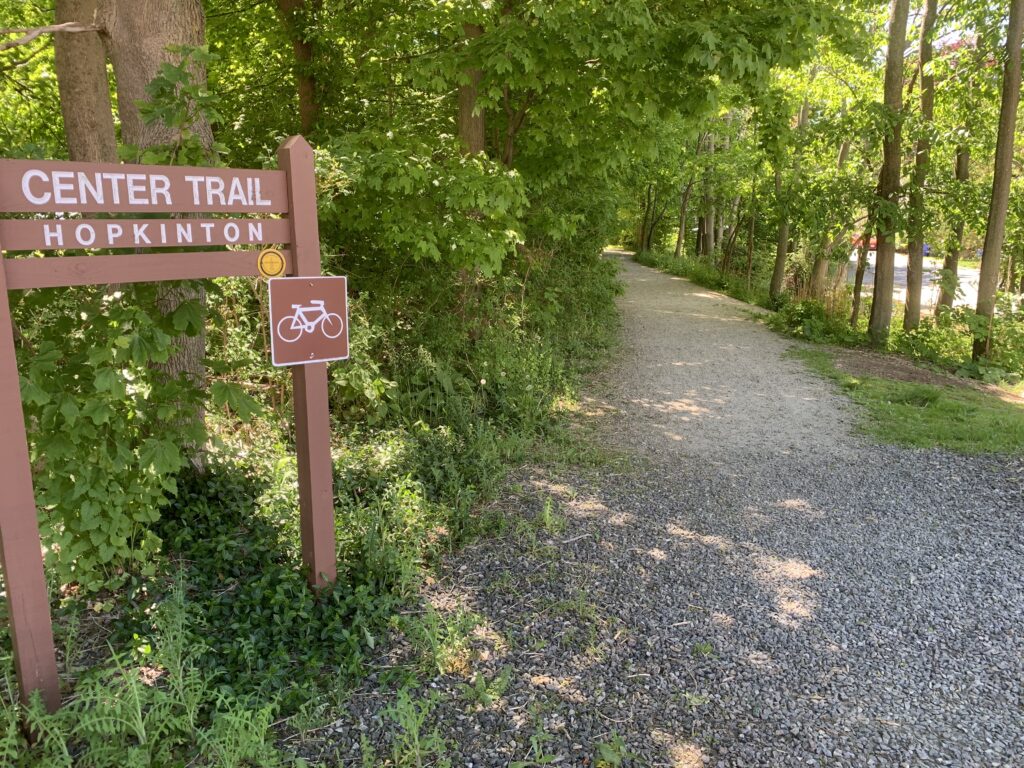
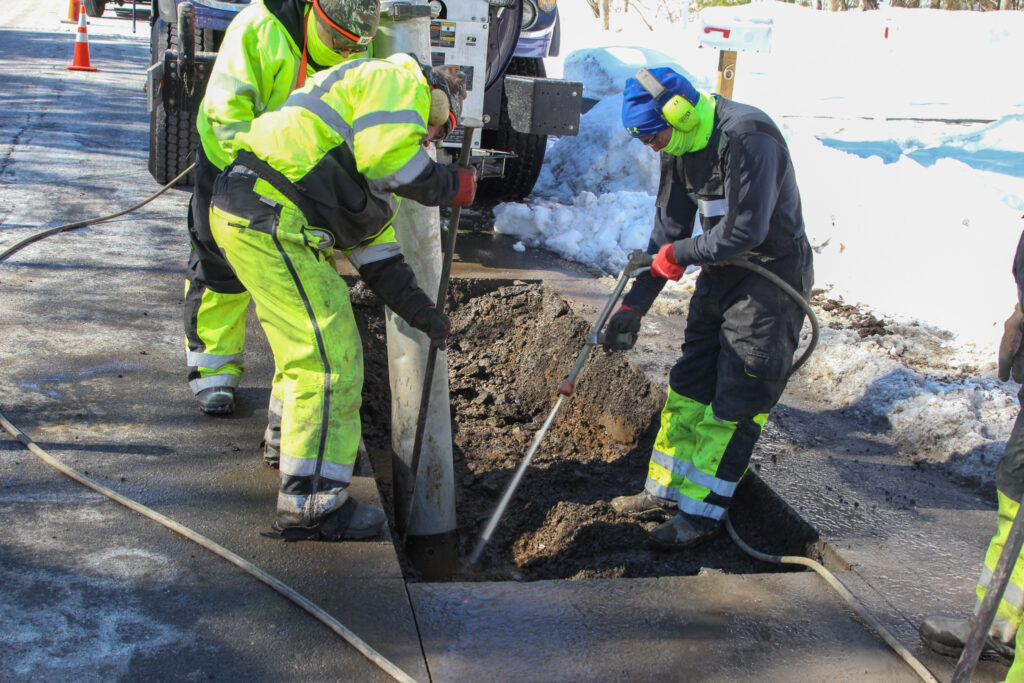
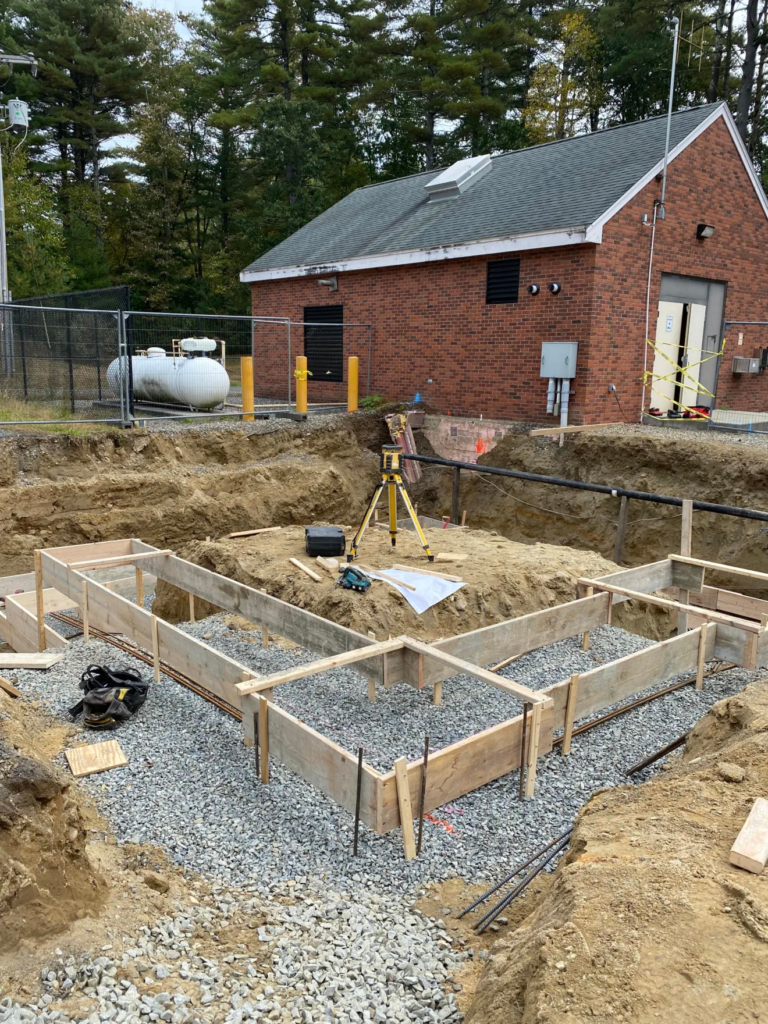














0 Comments